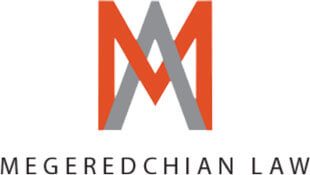Phone Number
(818) 530-1300
Office Hours
8:00 am - 11:30 pm
Your Victory Starts Here
(818) 530-1300
8:00 am - 11:30 pm
Address: 350 N Glenoaks, Blvd. 3rd floor
Burbank, CA 91501
Office Hours: 8am – 11:30pm
Phone: (818) 530-1300
Address: 2400 E Katella Ave., Ste 800, Anaheim, CA 92806
Office Hours: 8am – 11:30pm
Address: 3281 East Guasti Rd., 7th Floor, Ontario, CA 91761
Office Hours: 8am – 11:30pm
Address: 473 E Carnegie Dr., Ste 200, San Bernardino, CA 92408
Office Hours: 24 Hours
Address:1001 Wilshire Blvd, Suite 100, Los Angeles, CA 90017
Office Hours: 24 Hours
Address: 611 Gateway Blvd Suite 120, San Francisco, CA 94080
Office Hours: 8am – 11:30pm
Address: 11801 Pierce St., Ste 200, Riverside, CA 92505
Office Hours: 24 Hours
Address: 428 J Street, 4th Floor, Sacramento, CA 95814
Office Hours: 24 Hours
Address: 4900 California Ave 210B, Bakersfield, CA 93309
Office Hours: 8am – 11:30pm
Address: 501 W. Broadway, Suite 800, San Diego, CA 92101
Office Hours: 8am – 11:30pm
Address: 4719 Quail Lakes Drive Ste. G-2018, Stockton, CA 95207
Office Hours: 8am – 11:30pm
GIVE US THE 101 AND WE’ll CALL YOU BACK IN <1 MINUTE.
Tell us about your accident in the form below or call (888) 243-2050, we’re available 24/7 and you’ll speak directly to our founder Alex Megeredchian.
We usually call back right away. If you need us to review additional documentation, please attach it to the email you’ll get after completing the form
